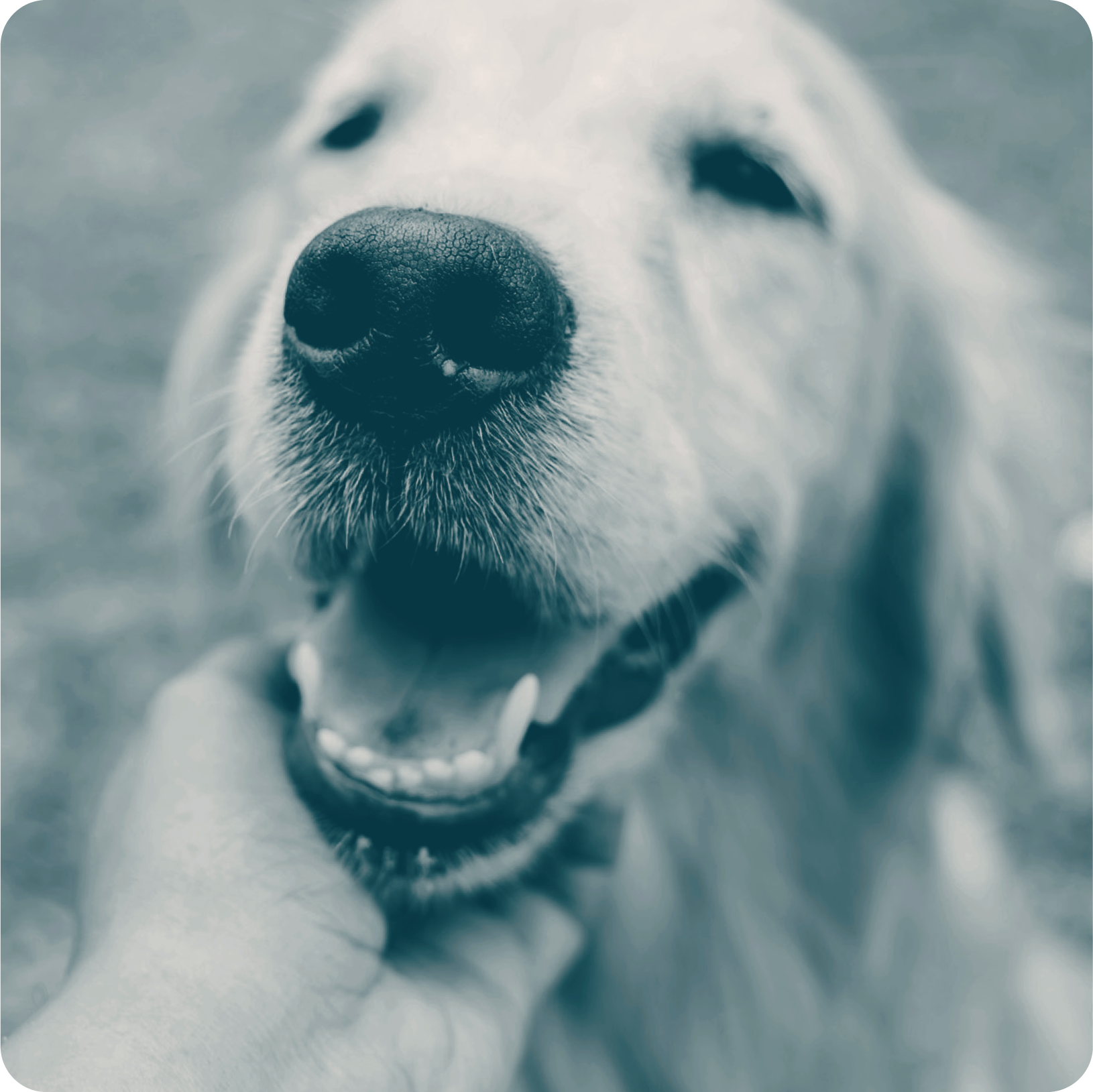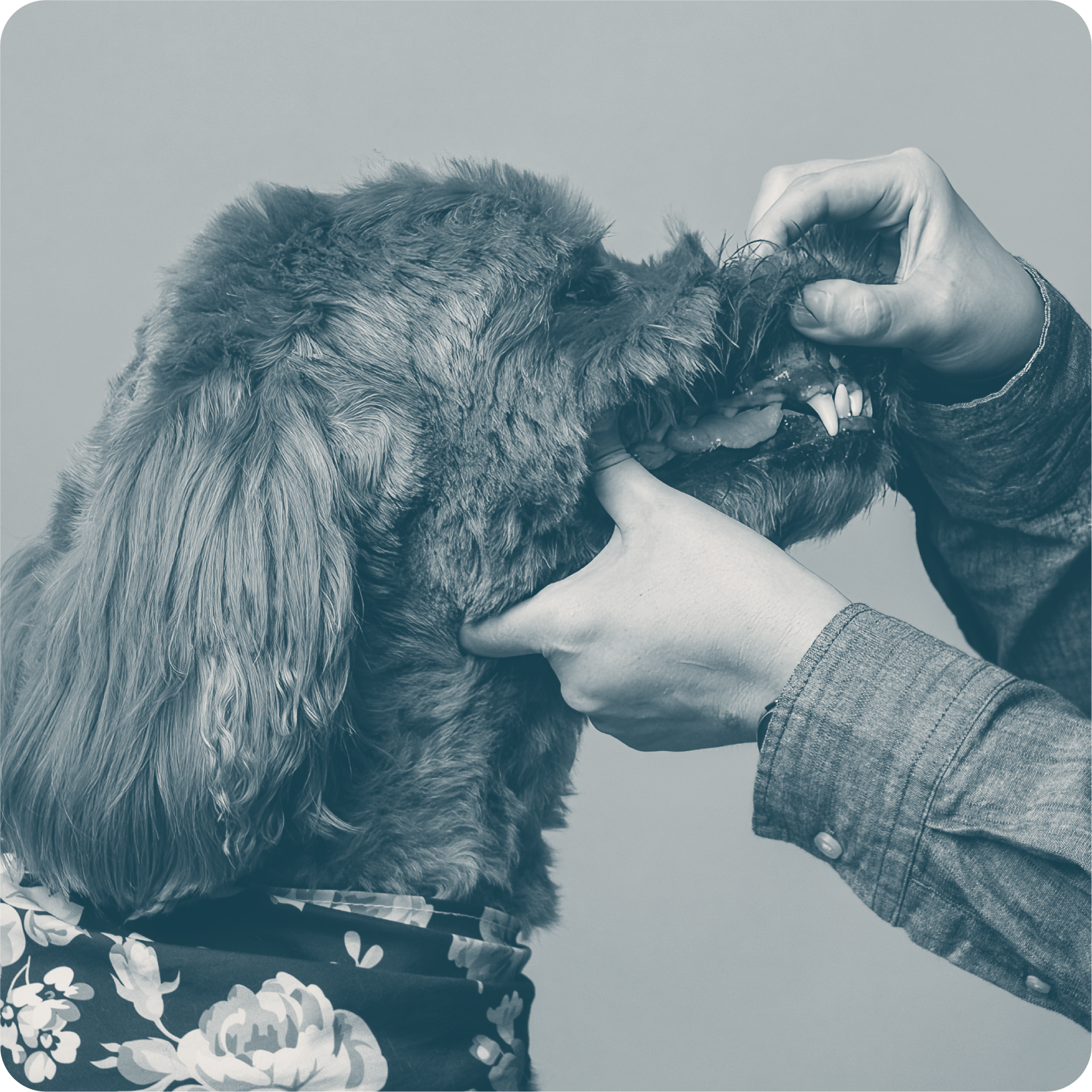Dental
We recommend bringing your pet in for regular dental cleanings as part of their complete care. These visits ensure your pet’s smile is in perfect condition.


Dental Health Affects Overall Health
Dental disease is one of the most common health problems in dogs and cats. Most animals do not show any signs of the disease, so owners do not realize there may be a problem besides bad breath.
Dental disease can also lead to swollen and bleeding gums, loose teeth, difficulty eating, general pain, and more severe problems.
Routine Oral Exams
Prophylactic dental cleanings are necessary (usually every 6 to 12 months) to prevent gingivitis and tartar accumulation from progressing to periodontal disease. Most pets show obvious improvement in their behavior after a dental cleaning.
- Your pet should fast the night before the procedure. Offer them a light meal before 8 PM. They may have as much water as desired until the morning of the procedure. Also, keep activity to a minimum.
- The procedure is done under general anesthesia to be as safe as possible. Even the calmest of pets will not allow a full scaling of the teeth while awake. Proper cleaning involves scaling the teeth to remove tartar and calculus and cleaning under the gumline.
- Generally, X-rays of your pet’s mouth will be performed at the time of the dental cleaning. Your veterinarian will evaluate them to determine if your pet needs extractions or other forms of dental treatment.
- If your pet has extractions performed, they may be sent home with additional medications such as antibiotics or pain medications.
It is not uncommon for your pet to have a decreased appetite for up to 48 hours after a dental procedure. However, please call if your pet is not eating, or is experiencing vomiting, diarrhea, or lethargy.
It is important to continue with home dental care to slow progression of plaque accumulation and for gum health. Home dental care includes brushing, dental chews, and certain toys.